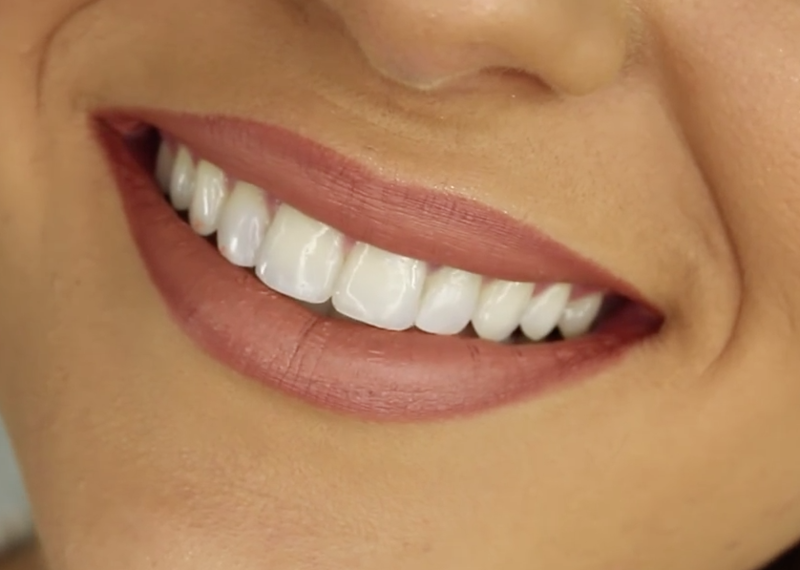Theranautilus, a startup at the Indian Institute of Science (IISc) Bengaluru has developed nano-sized robots that successfully killed bacteria deep inside dentinal tubules, and boosted the success of root canal treatments.
In this study, researchers manipulated Nano-sized robots using a magnetic field.
Root Canal Treatment
Root canal treatments are very common. These are performed to eliminate bacteria from the infected root canal, prevent re-infection and save the natural tooth. The procedure involves the removal of the inflamed or infected pulp from inside the tooth. Then the tooth is flushed with antibiotics or chemicals to completely remove the bacteria that cause the infection.
However, sometimes this treatment proves ineffective for some antibiotic-resistant bacteria such as Enterococcus faecalis. These bacteria remain hidden inside microscopic canals in the tooth called dentinal tubules.
“The dentinal tubules are very small, and bacteria reside deep in the tissue,” explained team member Shanmukh Srinivas. “Current techniques are not efficient enough to go all the way inside and kill the bacteria.”
Tiny dental nanobots
Now IISc researchers have designed helical nanobots made of silicon dioxide coated with iron, to penetrate and clean deep inside the dentinal tubules. Nanobots can be controlled using a device that generates a low-intensity magnetic field. Once these are injected into extracted tooth samples, their movement can be tracked using a microscope. Moreover, they were also able to retrieve the robots, once the job was done.
“We are very close to deploying this technology in a clinical setting, which was considered futuristic even three years ago,” says Ambarish Ghosh, co-founder of Theranautilus. “It is a joy to see how a simple scientific curiosity is shaping into a medical intervention that can impact millions of people in India alone.”







